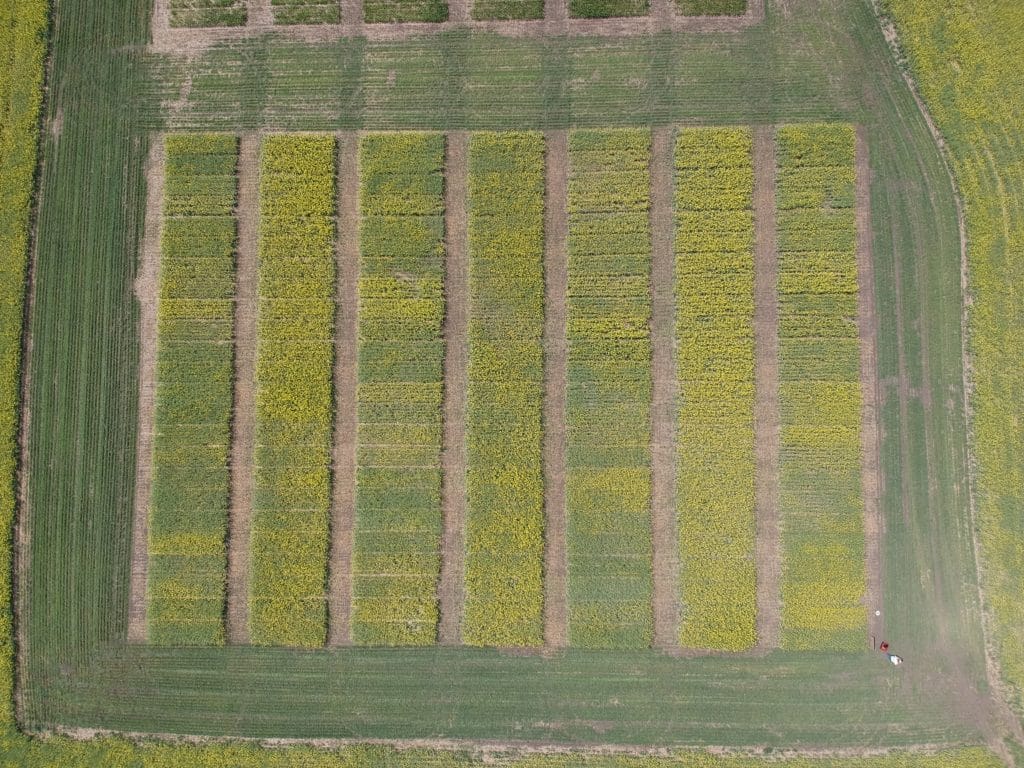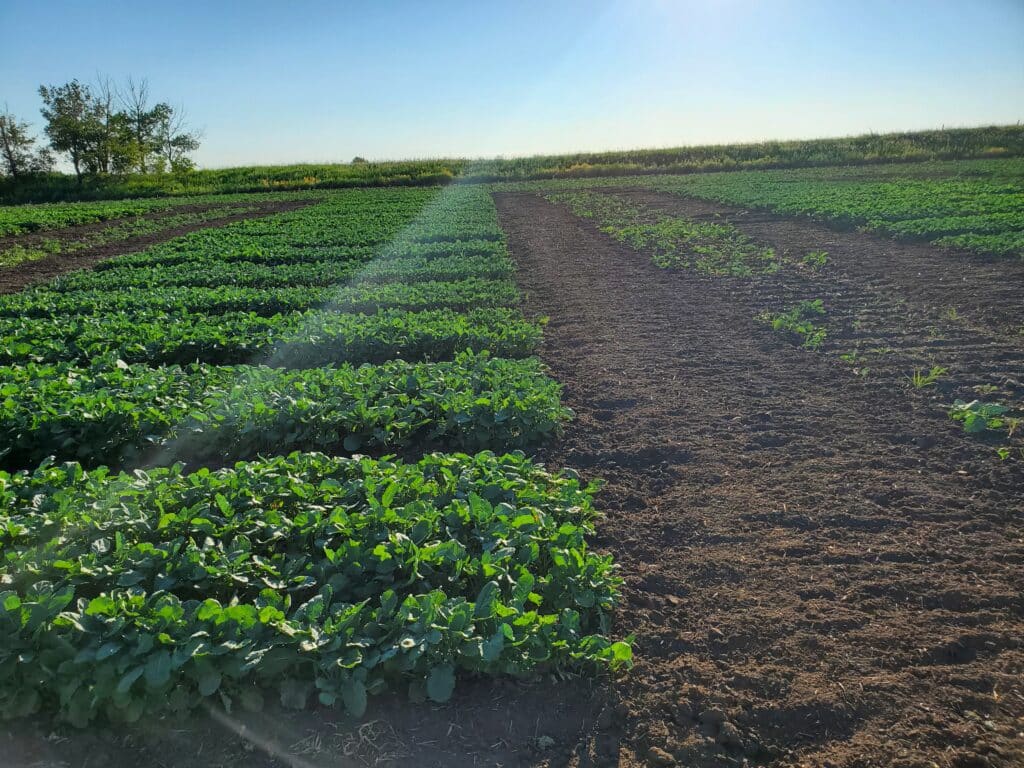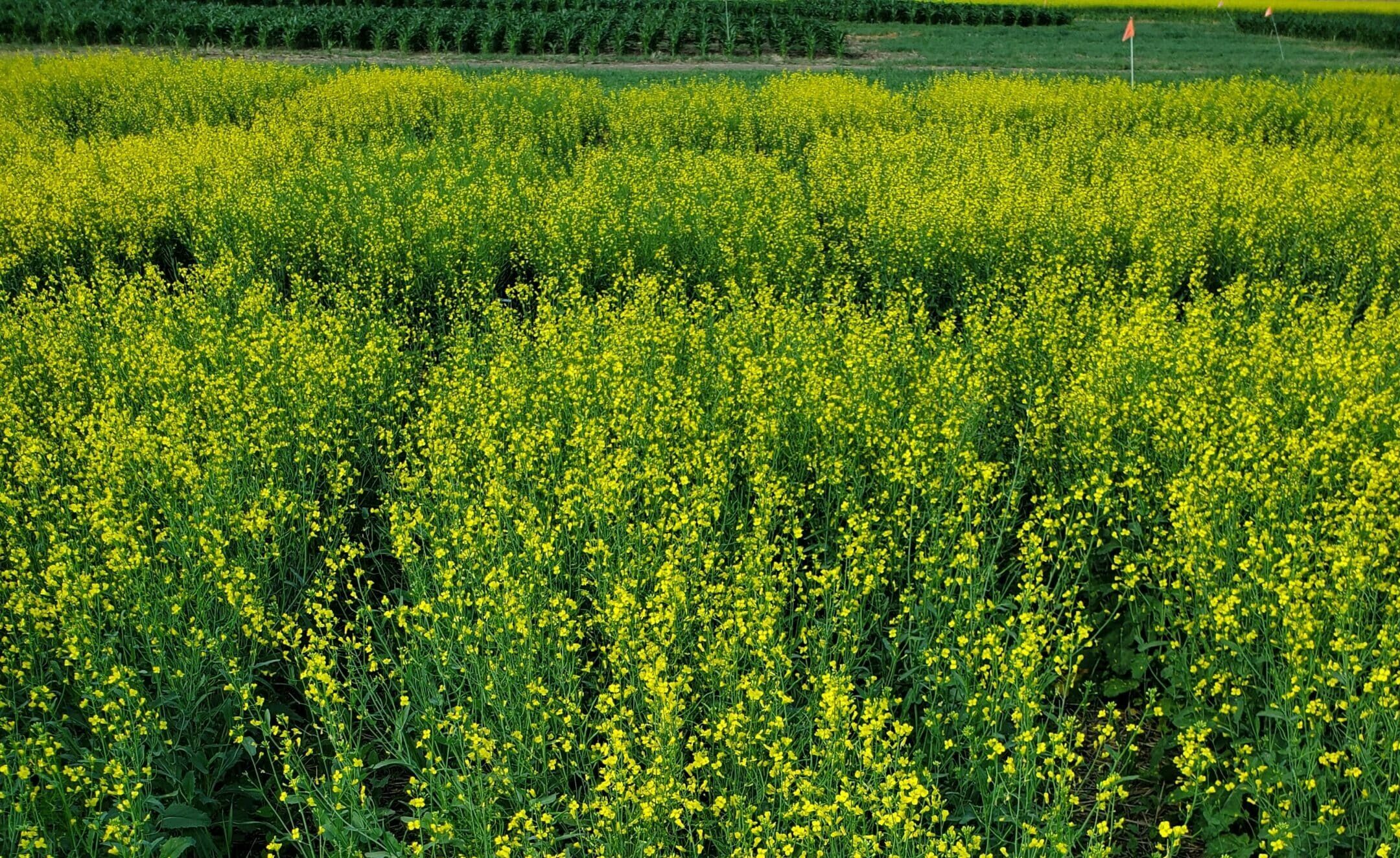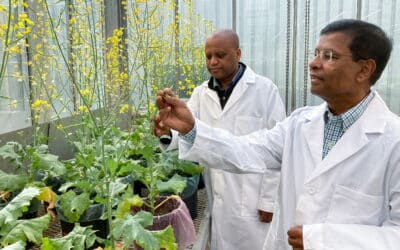The prairie provincial canola grower associations have made the decision to discontinue funding of the current variety trial program.
Following struggles with the current canola performance trials (CPT), the provincial canola growers’ associations have made the choice to end the current program with the hope of continuing on with a new version in the future.
“We do recognize that the program is important and is valuable to growers. But we also appreciate that ‘bad’ information is worse than no information sometimes,” John Mayko, farmer director and research chair for the Alberta Canola Producers Association, says in a phone interview. “We want to be able to get something that is more relevant and more applicable and more accurate for growers.”
The CPT were an independent analysis of the performance of various canola varieties coordinated by the three provincial canola grower associations — Alberta Canola, SaskCanola and Manitoba Canola Growers. Mayko adds the trials were similar to what growers were familiar with for the cereals and pulses regional variety trials.

Drones are a key tool used for evaluating uniformity of plots during inspections of 2021 canola performance trial sites. Photo: Ryan Murphy for CPT
The CPT program has been run by the provincial and national canola growers associations in partnership with industry and provincial oilseed specialists. Previously, the CPT technical committee chair was Murray Hartman, Alberta’s provincial oilseed specialist. Following his retirement he wasn’t replaced by the province, with Dane Froese, CPT technical committee chair and Manitoba Agriculture oilseed specialist, and his Saskatchewan counterpart, taking over chairing the committee. The data has been published online and in the Alberta Seed Guide spring issue each year.
In mid-October 2022 it was announced by the provincial canola grower associations that they would discontinue funding of the program following the completion of the 2022 growing season. The results from the 2022 trials would be published with the associations then looking at other options for independent canola variety analysis.
“It’s just getting to the point where the value of the investment that was from Alberta’s point of view, and it was from Saskatchewan as well, it was that the trials program that was being run was not meeting the needs relative to the investment of the dollars that were being spent,” Mayko explains, adding Alberta Canola was spending approximately $150,000 per year for the last three years of the program.
The canola plot locations weren’t geographically spread across the province, Mayko says. Many were concentrated around the Edmonton, Alta. area with only one south of Calgary, Alta. They were also limited in what canola varieties were evaluated in the trials due to logistics and costs.
“Many times the varieties that we had were not necessarily the newest or the most popular varieties with any specific region. They might have been that way across Canada or within a province, but not necessarily within the region there,” Mayko says.
There were also problems with the data collection. For two of the past three years there was only data available from approximately 30 per cent of the trial sites. Mayko explains this was due to mistakes in terms of the protocols that were being followed such as the timing of sprays for the trials.
Companies who submitted varieties to the trial had known there were problems with the current program before the announcement was made. Russell Trischuk, a regional technical services manager for BASF, who sat on the CPT committee, says in a Microsoft Teams interview the committee had been working to address some of the issues the program had been facing.
“Improvements over that last handful of years have been made, but for the amount of resources that were being put towards the trials, I think the provincial grower groups decided it was time to maybe step back and take a different look. I was quite surprised when the decision came down, but think it’s a smart decision,” he explains.
Trischuk says the main challenge the program had was that they had to rely on multiple third party organizations to do the trial work and report the data, which would then be reviewed by the committee who would format it for publication.
“There was always a struggle to get data in a timely fashion, and have it available at the time of year when growers are making purchase decisions with for their canola seed,” he adds.
For BASF, the ending of the CPT program will have minor impacts on their company. The CPT program published both small and large plot results, with the results from the large plots coming from BASF’s own privately run trials. With the CPT program ending it means BASF will no longer have access to CPT coordinators for trial inspections.
In an emailed statement, Corteva Agriscience, another company who submitted varieties to the trials, said “Corteva Agriscience supports the decision to discontinue the provincial canola performance testing and believe our IMPACT trial data best represents the potential of our canola germplasm performance in a local farmer’s production field.”

2021 canola performance trial site at Killam, Alta. with good establishment of the crop. Photo: Keith Gabert for CPT
Even though the current trial program is ending, Mayko says the provincial canola groups do see the value of independent canola varietal trials and are hoping to do more of them in the future. The groups plan to explore an alternative program that will provide uniform data for both the newest and most popular varieties that are evaluated across all of the Prairie regions.
“We hope to develop another program that we’ll be able to address these things, but we’re just in preliminary stages now, in terms of discussions with other groups that may be interested in that. So, there’s no meat on the bones yet just kind of developing a skeleton at this point in time,” he explains.
BASF says they’ll support a future canola variety trial program as long as they are able to be assured of the quality of the trial data.
“It all comes down to trial quality. To effectively compare genetics, trials need to be done correctly and fairly. Making sure trial quality is ensured is of primary importance to us,” Wade Stocker, seeds and traits operations manager for BASF, explains in a Microsoft Teams interview.
Mayko says there’s no confirmation yet if anything will be in place for the 2023 growing season.
Header photo — 2021 canola performance trial site at Lethbridge, Alta. in the early flowering stage. Photo: Autumn Barnes for CPT
Related Articles
Prairie Canola Performance Trials Discontinued






